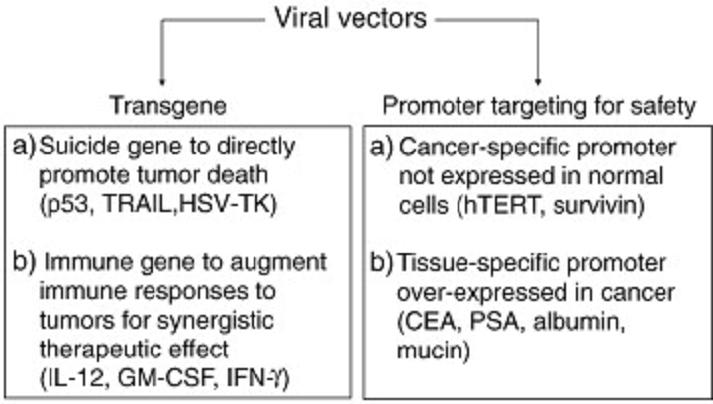A review article about viral delivery for gene therapy against cell movement in cancer was published online in a famous internationally journal ---Advanced Drug Delivery Reviews (IF:13.577)--- in May, 2011. The corresponding author is Dr. Dongming Zhou, a Prinicipal Investigator from Institute Pasteur of Shanghai, Chinese Academy of Sciences.
Cancer metastasis is the leading cause of death in most cancer patients due to tumor burden and organ dysfunction. During cancer metastasis, tumor cells gain the ability tomigrate throughout the body, seed and proliferate in distant organs to establish secondary tumors within normal tissues. Metastatic tumors can be lethal, and are difficult to be treated clinically. Viral delivery for cancer gene therapy is a promising approach,where traditional radiotherapy or chemotherapy to limit proliferation and movement of cancer cells has met resistance. In cancer gene therapy, therapeutic agents including functional normal tumor suppressor genes, inflammatory immune cytokine genes, and microRNAs are delivered to the tumor cell using a carrier. The delivery systems generally can be divided into two categories: viral vector and non-viral vector. Compared to non-viral vector, viral vector is more efficient in gene delivery to target cells. The viral vectors expressing the carried gene in host cells can be replication-competent or non-replicating. Due to their safety compared to replicating vectors, non-replicating viral vectors have been widely investigated in vaccine development as well as in gene replacement therapy in last twenty years. The viruses commonly modified to be used as replication defective therapeutic vectors are adenovirus (Ad), adeno-associated virus, lentivirus and herpesvirus. In recent years, therapeutic viral vectors for cancer gene therapy have transitioned from being non-replicating to being replication-competent, or oncolytic. The selective replication of the viruses in cancer cells amplifies the initial viral seeding dose, leading to killing of cancer cells by virus-mediated cytolysis. The replicating viruses spread through the tumor mass to infect other cancer cells, resulting in self-perpetuating cycles of infection, replication, and oncolysis.
Traditional viral oncolytic therapeutics have focused on reducing tumor growth, while novel vectors simultaneously target epithelialto-mesenchymal transition (EMT) in cancer cells, which could further prevent and reverse the aggressive tumor progression. In this review, the authors highlight the illustrative examples of cancer gene therapy in clinical trials as well as preclinical data and include proposals on methods to further enhance the safety and efficacy of oncolytic viral vectors in cancer gene therapy.
Presently, Dr. Dongming Zhou's Lab focus on vaccine and related research based on novel adenoviral vectors, which get the grant support from Knowledge Innovation Program of Shanghai Institutes for Biological Sciences, Chinese Academy of Sciences.

Construction of viral vectors to inhibit tumor metastasis and growth

